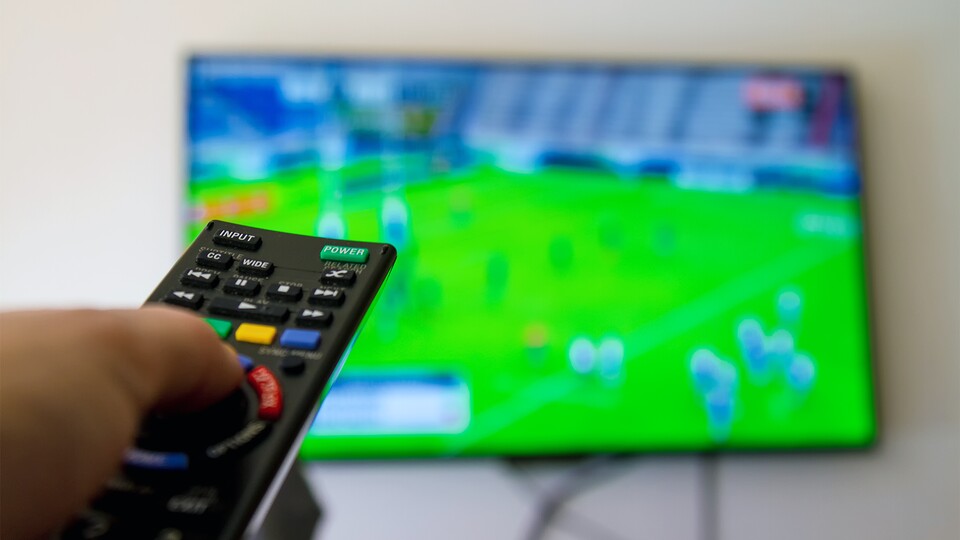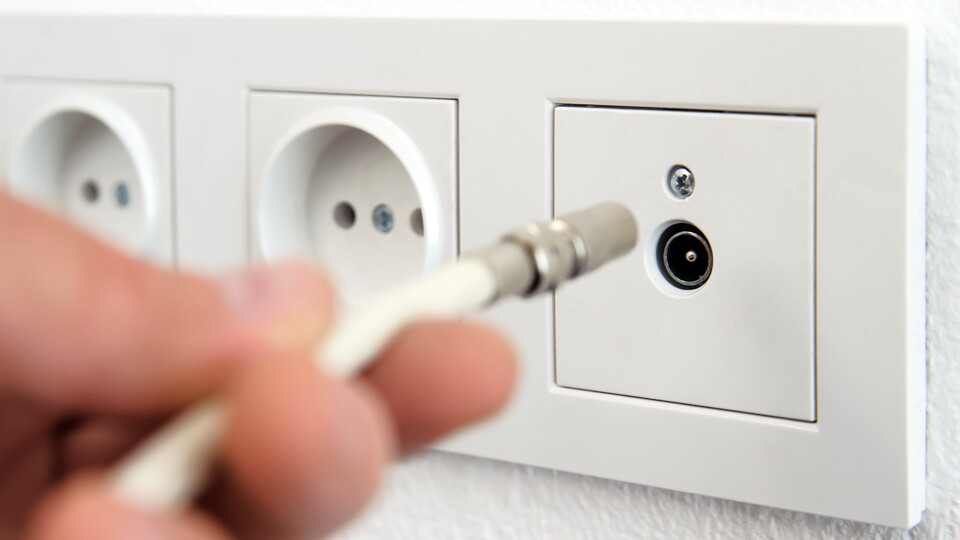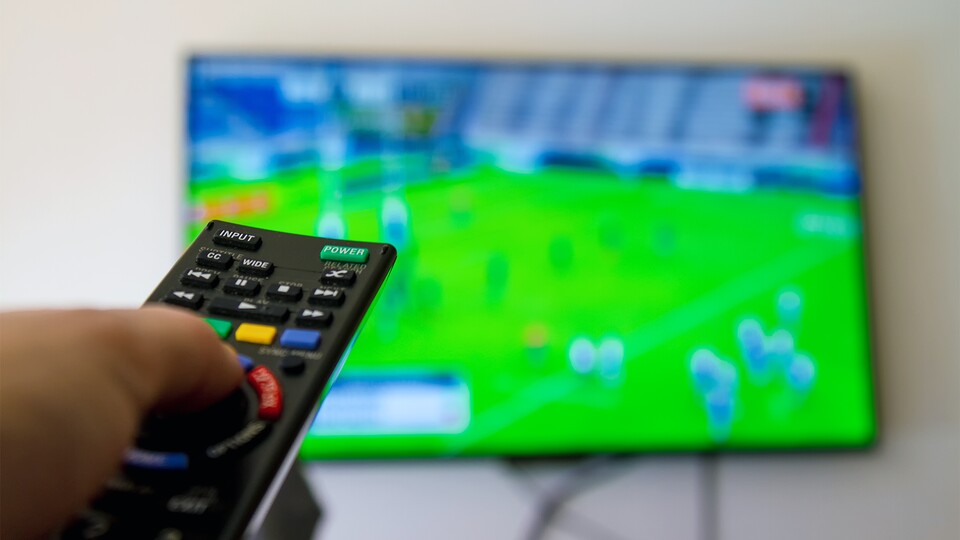
The additional cost privilege will no longer apply in July. You have to take this into account now. (Image: simonmayer – adobe.stock.com)
Advertisement
From April 1st, the additional cost privilege will end. Until then, landlords were allowed to pass on TV fees for tenants to additional costs for decades, but now tenants have to take care of this themselves.
Who is affected? All tenants who receive their cable television through the landlord and for whom the billing takes place in the additional costs of the rental agreement. It's best to check your last utility bill to see whether a “broadband cable connection” was billed for.
This is what you have to do: If you are a tenant and get cable TV through your landlord, you need your own separate contract.
What will it cost? Depending on the provider, the cost is between eight and ten euros. You can get an offer from Vodafone at your address check online.
Advertisement
When do you have to react? The change in the law will come into force from July 1, 2024, although your landlord's shell contracts may have a different term or the landlord may implement the new regulation later. It's best to get information from your landlord.
The most important questions
Below we answer the most important questions on the topic.
Do I need a TV cable connection?
No, a cable connection is of course not mandatory. If you don't take care of your own contract, the connection to your apartment will be cut off at some point.


Cast off: You don't need cable for TV. (Image: yunava1 – adobe.stock.com)
Will my cable connection simply be switched off?
According to the largest providers, Vodafone and PYUR, tenants will probably be informed in good time. If you decide to ignore the announcement, the connection will be shut down. Loud chip This doesn't necessarily happen immediately, but eventually at some point.
What alternatives are there?
Of course, cable isn't the only way to receive TV signals. If you want to change, you have various options.
- Satellite: The purchase costs and installation effort are not low, but you receive more channels. But be careful: the installation of a satellite dish must be clarified with the landlord!
- Antenna: You can receive public channels via the roof and indoor antenna, and you can book private channels via Freenet TV.
- IPTV: This type of reception combines a classic setup with the advantages of the Internet. Using a receiver, such as one from MagentaTV, you can receive not only linear television, but also various apps.
- Streaming: Streaming is also possible without a connection. You can receive TV channels purely digitally via Zattoo or Waipu.tv (which currently have a strong offering up their sleeve) and you don't even need a television.
Special regulation for citizens’ benefit recipients
Previously, recipients of social benefits paid additional rental costs through the job center. With the elimination of the additional cost privilege, TV reception will always have to be paid for by yourself in the future.
By the way: Like that Press portal reported, a survey on additional cost privileges was launched via Waipu.tv. This showed that over half of all those surveyed could not do anything with the additional costs privilege.
From July 1, 2024, TV cable connections can no longer be obtained from the landlord. Are you affected? Have you already taken precautions?
